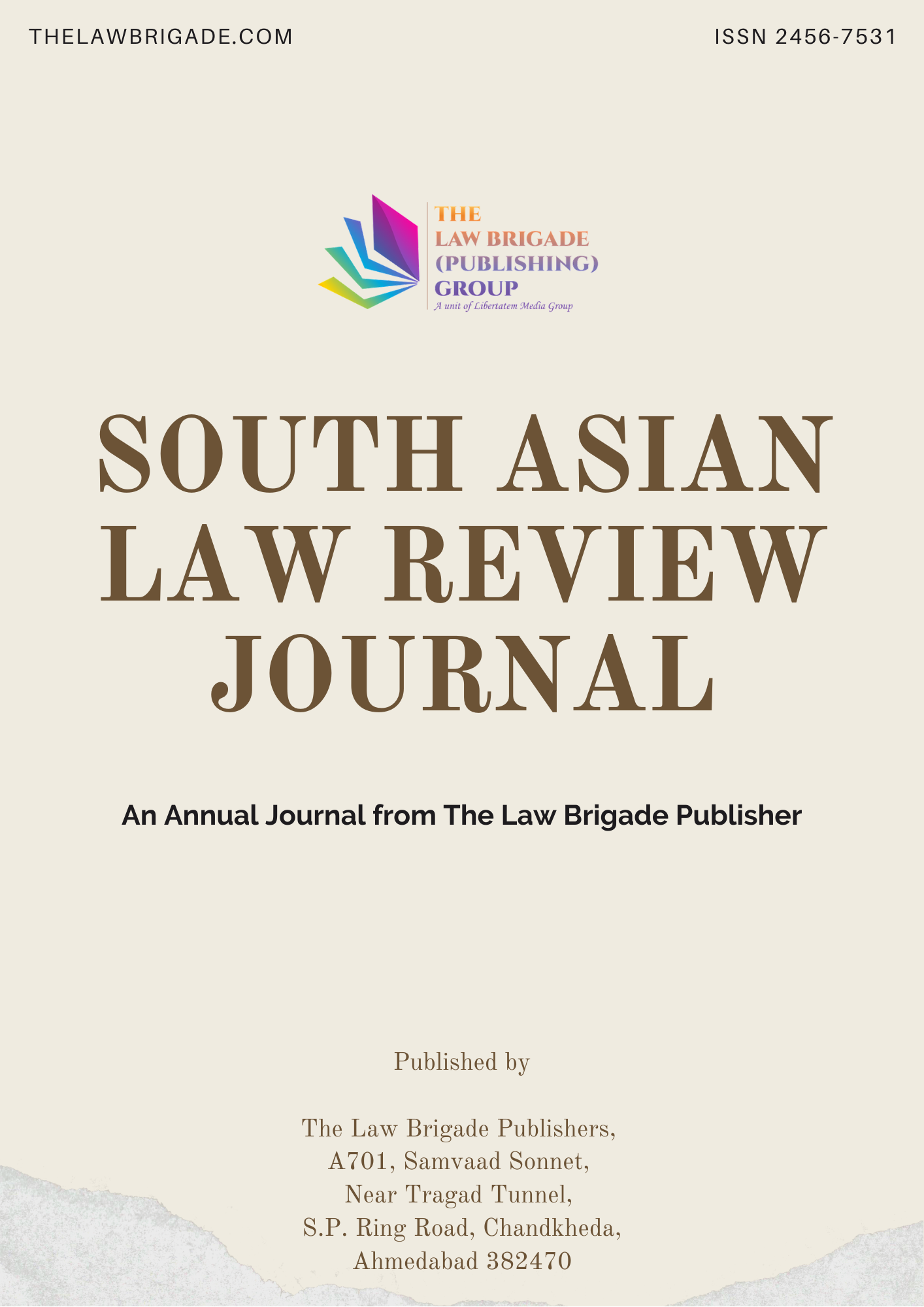Even though the region has advanced in terms of its political institution and various infrastructures, the Bodoland Territorial Council (BTC) is unable to achieve much on the socio-economic necessities of the people. Despite, the building of roads and hospitals to deliver essential healthcare systems, it is neglecting the living conditions of the people. Education plays a pivotal part in the development of society, however, the lack of proper educational infrastructure in BTR areas, the cost of education, and its privatization have caused hardship to the poorer section of the community, and being unable to access quality education has obstructed developmental activities. It hinders bringing any positive changes in the region causing distrust, and suspicion in these strife-torn areas creating cruelty and disturbances in the society. Thus, despite the development of some infrastructures, it has never fulfilled the aspirations of the Bodos and redress their enduring resentment. The administration should advocate more for the development of education and healthcare facilities, economic assistance, and guarantor of social security in the region. Besides, the BTR Accord was signed in 2020, all the stakeholders must expedite the implementation process.
Prospects and Challenges: The Bodoland Territorial Council (BTC) in Assam
Publication Information
Journal Title: South Asian Law Review Journal
Author(s): KS Luckyson James
Published On: 08/12/2023
Volume: 9
First Page: 175
Last Page: 190
ISSN: 2456-7531
Publisher: The Law Brigade Publisher
DOI Not Allotted [Get DOI]
Cite this Article
KS Luckyson James, Prospects and Challenges: The Bodoland Territorial Council (BTC) in Assam, Volume 9, South Asian Law Review Journal, 175-190, Published on 08/12/2023, Available at https://salrj.thelawbrigade.com/articles/prospects-and-challenges-the-bodoland-territorial-council-btc-in-assam/
Abstract
Keywords: Ethnicity, identities, rights, self-rule, accommodation, decentralization and Constitution





